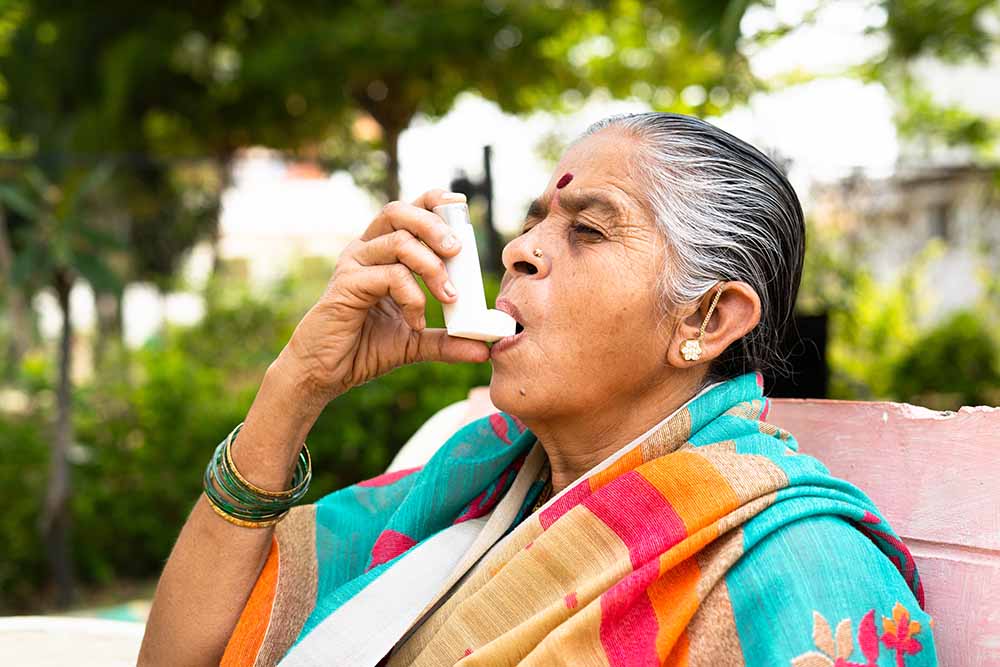A global study has revealed that air pollution can lead to a dangerous increase in antibiotic resistance, affecting people's health all around the planet. This study, published in the Lancet Planetary Health journal, shows that the link between air pollution and antibiotic resistance has become stronger over time, as more air pollution coincides with higher levels of antibiotic resistance. Antibiotic resistance is when medicines stop working against infections, quietly spreading and becoming more dangerous.
The evidence indicates that tiny particles in the air, called PM2.5, can carry bacteria that are resistant to antibiotics. These particles can move between different places and enter people's bodies when breathing. Air pollution causes long-lasting health problems like heart disease, asthma, and lung cancer. It can even make people's lives shorter. Breathing in polluted air can cause immediate issues like coughing, wheezing, and asthma attacks.

Their findings show that as PM2.5 pollution goes up, antibiotic resistance goes up too. For every 10 per cent increase in air pollution, there's a 1.1 per cent increase in antibiotic resistance. Professor Hong Chen from Zhejiang University in China, who led the study, said, "This study can not only help reduce the bad effects of polluted air but also play a big part in stopping antibiotic-resistant bacteria from spreading."
The main reason for antibiotic resistance is that people are using antibiotics too much and not using them correctly. But this study suggests that the problem worsens when air pollution levels increase. Data shows that 7.3 billion people all around the world are exposed to harmful levels of PM2.5 pollution every year.
The researchers looked at information from 116 countries between 2000 and 2018. They used sources like the World Health Organization, the European Environment Agency, and the World Bank.